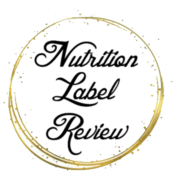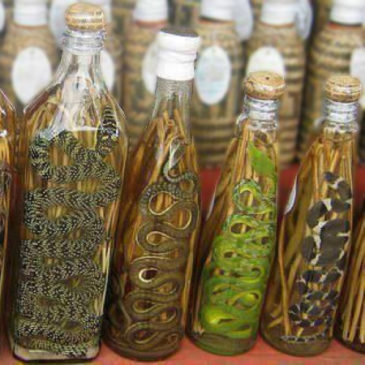There has been significant buzz in the industry around cannabidiol (CBD), however, the US Food and Drug Administration (FDA) has sent a firm reminder on the compound’s non-legal status. This past month the agency sent 15 warning letters to companies illegally selling products containing CBD. The companies were cited for marketing unapproved new human and animal drugs, selling CBD products as dietary supplements, and adding CBD to foods.
Today, often we find ourselves on one side or the other regarding this topic.
Can the two co-exist?
There is a fundamental principle that consumers need to know what they’re consuming. One of the core functions of the FDA is to ensure just that.
The agency has repeatedly stated that regarding safety there is a significant lack of scientific evidence and it cannot conclude that CBD is generally recognized as safe (GRAS) for both human and animal food. There have been critics of the agency stating that they alarmed consumers unnecessarily with the potential health risks. Medical scientists know a great deal about how cannabis components can be beneficial and have been vocal about this for years.
Everyone can agree that we all need to have a marketplace full of SAFE and beneficial products. So how can we accomplish that?
The FDA does raise important questions, but it is vital to recognize that there is a lot of work that needs to be done to answer all these questions and both the industry and the FDA must coexist to accomplish this goal before products can be sold to a consumer.
Uniformed opinions can’t be what defines laws on either side of the argument. The truth is the US is riding a trending wave of health, wellness, and natural living and because of that the CBD industry is gaining popularity all over which is increasing product availability and variety. The CBD industry is on track to be over a $20 billion dollar industry by 2023. Interest in the compound began dramatic shifts last December when Congress passed the 2018 Farm Bill. This law did provide classification, but it also left significant gaps for toxicity, dosage, health risks, purity that need to be answered.
The FDA released a revised Consumer Update detailing safety concerns about CBD more broadly with the fear that consumers are under the impression that CBD on the market has been FDA approved, when if fact it has not. Here lies the fear from the Agency as their responsibility is to protect consumers, and the frustration from the industry steams from the gaps in the law which has left the industry in limbo.
In all industries the reality is there are products on the market that frankly shouldn’t be there. Some companies have found loopholes and ways to cut costs and that has left a consumer vulnerable. With CBD on the market today being sold as oil drops, syrups, capsules, food products, teas, lotions, and creams there is a lot of work that needs to be done to regulate and ensure safety.
Could this booming industry provide benefits to consumers, maybe?
But, should it still be regulated, absolutely.
Ensuring the safety and quality of CBD and cannabinoid-based products, while creating an avenue to study the medical impacts of this versatile plant, should be the FDA’s utmost priority in crafting regulation.

